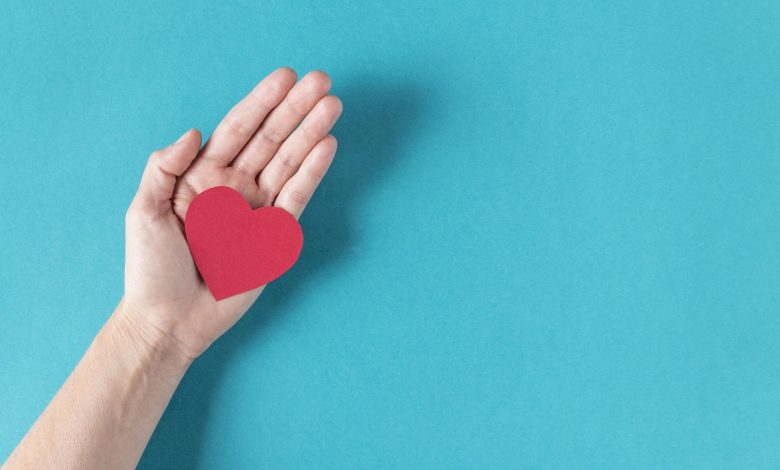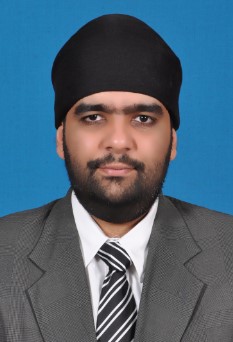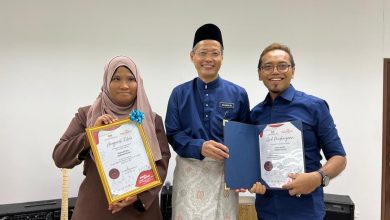

By Mei Kuan and Gisele Soo
With the aim to highlight mental health and emotional support during the COVID-19 pandemic, Ipoh Echo spoke to Dr. Anildev Singh Malhi, Psychiatrist of Hospital Raja Permaisuri Bainun (HRPB) with 9 years experience in the field of psychiatry and mental health, as well as Mabel Wong, Chairperson of Befrienders Ipoh with 35 years of volunteering to learn more.


Dr. Anildev observed that the number of consultations since the start of the pandemic has been about the same. “However, there has been an increase in calls to various helplines. For instance, 89.4% of calls made to the Ministry of Health’s hotline (from 1st January 2021 to 18th June 2021) were requests for emotional and psychological support (109,806 of 122,328 calls).”
“As for suicide rates, there were 468 cases from January to May 2021 (an average of approximately 3 cases a day) compared to 631 cases in all of 2020. It is more prevalent among 15-18 year olds and 19-40 year olds (the youth). All this points to an increase in mental health burden among the public,” he stated.
“In our clinic, most patients are referred for management of stress, depression, anxiety and sleeping disorders. Every patient referred to us is thoroughly assessed and a management plan is formulated. The treatment may involve psychotherapy, medications, or both,” he told Ipoh Echo during a recent interview.
According to him, the prolonged pandemic has indeed affected people’s mental health due to several reasons which include the change in social norms and financial difficulties: “These can result in physical and emotional changes. The individual may experience his/her heart beating faster than normal (palpitations), shortness of breath, loss of appetite and sleep disturbances. The emotional changes one may experience are feeling low/sad, worry, loss of interest in work/activities and becoming easily angry/irritable. These symptoms usually occur together and may result in mental illness if left undiagnosed/untreated.”
“There are several ways the public can assist someone who requires mental health and emotional support. People who are distressed may show several changes in their behaviour such as becoming withdrawn, feeling sad, feeling unmotivated, having anger outbursts or feeling lethargic. They may even have thoughts of harming themselves. The first step in assisting them is to enquire about their problems. A simple greeting followed by ‘how are you feeling today’ or ‘how can I help’ will show the individual that someone cares about them,” Dr. Anildev explained.
“Some may be having financial problems while others may have relationship problems, among other sources of stress. If you are unable to assist, please link them to someone who can—NGOs, the Department of Social Welfare (Jabatan Kebajikan Masyarakat) and community leaders. Stay in contact with them to ensure that they are getting the assistance they need. Remember that giving your time or a shoulder to cry on is a great help. Encourage them to seek professional help if necessary,” he advised, adding that one should also be aware of the changes happening within oneself and come forward for help if required. In other words, prior to assisting someone, please ensure that you are healthy and able to offer assistance/guidance.
Unfortunately, the public stigma associated with seeking professional mental health services is still prevalent.
“Stigma is one of the barriers in seeking mental health assistance and support. Members of the public are afraid of coming forward because they do not want to be labelled as someone who is ‘mad.’ It is not just the ‘society’s’ problem but an individual problem—support your family and friends who have been brave enough to seek professional help and do not shun them. Mental illness is not contagious like COVID-19. Remember, there is no health without mental health,” he pointed out.
The department also organises and participates in various programmes to improve mental health awareness and literacy. In the pipeline are several programmes for September and October this year to commemorate the World Suicide Prevention Day (September 10th) and the World Mental Health Day (October 10th). The global theme for the former is “Creating Hope Through Action”, while for the latter it is “Mental Health in an Unequal World”.
Here’s his advice for those struggling during the pandemic: “During this difficult period, always take care of your health—having balanced meals, exercising, contacting loved ones, and managing stress effectively. If you or someone else needs professional assistance, please head to the nearest government health clinic or private general practitioner for an assessment. You will be referred to the psychiatrist if required. If it is an emergency, please head to the Emergency Department of the nearest hospital (government or private) for an assessment.”
“Stay positive and love life!” expressed the alumnus of St. Michael’s Institution who is grateful for the opportunity to serve in his hometown.


On the other hand, Befrienders Ipoh is a non-profit organisation (NGO) established in 1976. The centre acts as an outlet for individuals who need someone to listen to their troubles. Befrienders offers emotional support to anyone who needs to share their innermost feelings without fear, criticism or judgement.
Chairperson of Befrienders Ipoh, Mabel Wong said the reasons callers call in are mainly due to anxiety, depression, and mental health pressure. “These troubled times have given rise to issues like unemployment and relationship conflicts with family members. They are overrun by financial stress.”
“Our main role is to listen and provide an avenue for callers to share their feelings including suicidal thoughts without fear of judgement. There has been an increase in the number of emails and calls (with an average of 25 to 30 calls per day) received especially from the younger age groups (20 to 29 years old),” she shared.
“Among the symptoms that show that one should seek help is a sudden undesired change in behaviour, while the more extreme signs include acting with reckless disregard, having an alcohol use disorder or drug abuse,” she mentioned.
Mabel stressed that mental health should not be taken lightly. Sadly, what people usually encounter when discussing mental health is being labelled as an attention seeker. “Please don’t dismiss the problem as wanting attention. Mental health problems can happen to anyone—your loved ones, friends or teachers. What one can do to help is listen and be available when they need someone to talk to. It helps them feel that they have support. Encourage them to get help, speak to a mental health professional or talk to Befrienders,” she emphasised.
She suggested that one of the ways to improve awareness on suicide prevention is to educate society on the importance of having a support system and the need for care, support and connection. “Normalise “It is OK not to be OK”. People feel pressured into conforming to the image of ‘emotion is a sign of weakness’ set by society merely to ‘fit in’ because it gives them a sense of belonging to the group. But it really shouldn’t be the case, hence we should encourage them to seek help when they need it.”
“Don’t be ashamed to talk to someone about your struggles and get help from the authorities and NGOs when in need of help. Don’t struggle in silence,” she advised.
Call 05-2380485 (hotline of Befrienders Ipoh) if you need someone to listen. Email befriending is also available through sam.befriendersipoh@gmail.com .
=============================
Get your local news fast. Download the Ipoh Echo App on your mobile. Available on both Google Playstore and Apple Appstore.


